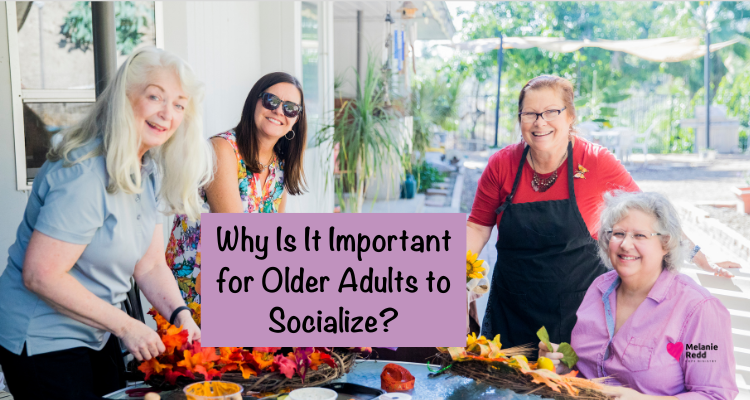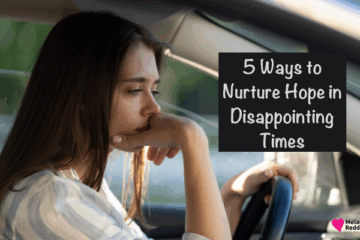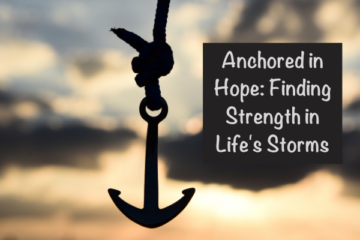Why Is It Important for Older Adults to Socialize?

Why Is It Important for Older Adults to Socialize?
As people age, maintaining social communication becomes all the more important for improving mental and physical health. Unfortunately, many older adults face social isolation due to factors like health problems, mobility issues, and loss of families and friends. This is where assistance for senior caregivers plays an important role in promoting social skills and enhancing the lives of the elderly.
Moreover, social interactions can keep the mind sharp and active and at the same time reduce the risks of cognitive decline and even dementia.
So just read below to find how being socially active can have a significant impact on the older person’s health, along with many other benefits.
Enhances the emotional support system
A strong social network is an invaluable resource for older adults for promoting the emotional support system, especially in difficult times when families and friends can come together to offer sympathy and advice
Improves cognitive functioning
Seniors who socialize are better equipped to retain their episodic memory than those groups who don’t. If older people can include aerobics in their social gatherings, this benefit can be boosted even further. This improvement in cognitive functioning then aids in slowing down memory loss and gives a sharper mind.
Why Is It Important for Older Adults to Socialize? Reduces risk of dementia.
Socialization with friends and families can boost brain health and lower the risk of dementia. This happiness is when there is an increase in connection between the brain cells which makes the brain much more resilient to Alzheimer’s and keeps depression at bay, a known cause of increased dementia.
Better physically health
Older adults who lead active social lives can prevent many physical ailments from impacting their physical health negatively. An active physical regimen with friends and neighbors ensures improved physical health as they are. Enhanced physical activity also lowers blood pressure, reduces the risk of cardiovascular issues, and potentially lessens the risk of mental health problems.
Infuses a sense of belonging
Feeling belonged in your twilight years is just as important as it was in the adolescent stage. Knowing that you have someone to turn to to share the ups and downs as you age gives a comforting feeling. Socializing can also help to forge new friendships and cultivate memories that can last forever.
Why Is It Important for Older Adults to Socialize? Boosts self-esteem.
It is common for older adults to lose self-esteem with the difficulties of aging. Not having the capacity to do the things you were always able to do can lead to embarrassment and frustration. The more you interact with other people, the more you can contribute to the community and overcome the challenges that come with age.
Ensures accountability
For aging adults, a good social circle can act as an accountability partner which makes sure that they can continue to take care of themselves independently. If they become loners, there is every chance of slipping into the bad habits of declining self-care. Active socialization, on the other hand, gives you reasons to keep the body fit by giving priority to personal health.
Were you encouraged by what you read?
Then, would you share this article with a friend, co-worker, or family member?
Or, maybe you can send it to a friend or family member?
This blog occasionally uses affiliate links and may contain affiliate links.
Additionally, Melanie Redd is a participant in the Amazon Services LLC Associates Program.
This is an affiliate advertising program designed to provide a means for sites to earn advertising fees. These are earned by advertising and linking to amazon.com.
Also, for more on my disclosure policy, click HERE.
© Melanie Redd and Hope Ministry, 2024. Unauthorized use and/or duplication of this material without express and written permission from this blog’s author and/or owner is strictly prohibited.
Further, excerpts and links may be used, provided that full and clear credit is given to Melanie Redd and Hope Ministry.
Please give appropriate and specific directions to the original content.



0 Comments